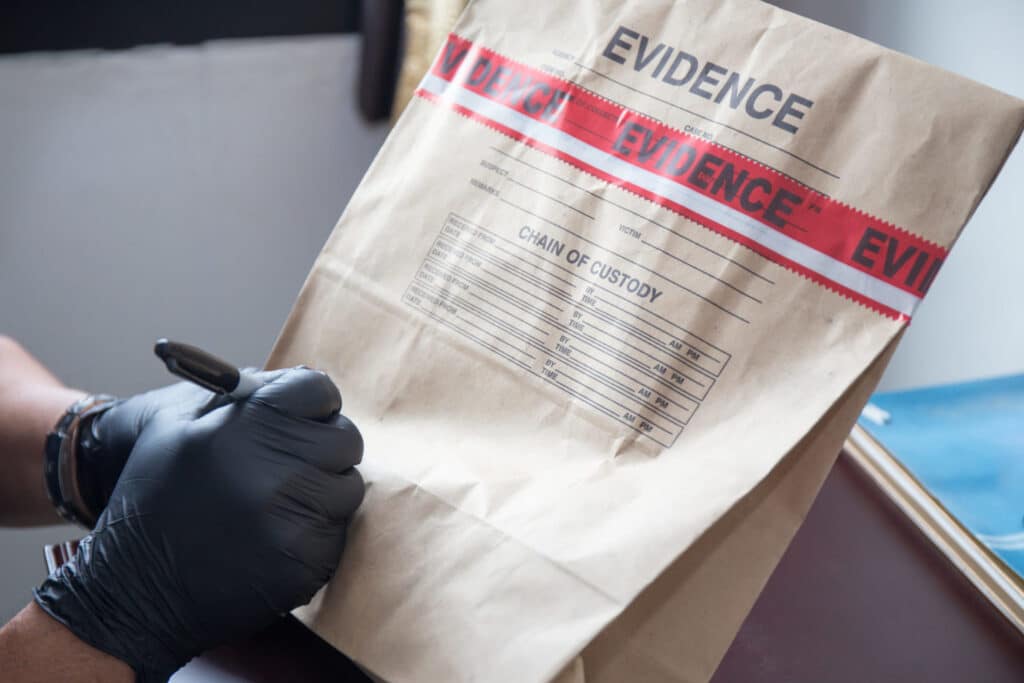Once again, a Massachusetts police force is having problems with its own internal procedures for handling evidence, resulting in numerous cases being thrown out and drawing attention to the fact that law enforcement is far from the standard of ethical perfection they hold themselves out to be.
Braintree Police Department Audits Its Evidence Room
It all started in May, 2016, when the Braintree police chief, Russell W. Jenkins, decided to conduct an audit of the department’s evidence room, where police held evidence that would be used against people charged with a crime. These rooms are supposed to be the pinnacle of organization, because confusing pieces of evidence can have a profound impact on someone’s upcoming trial.
Jenkins was suspicious of something being wrong in the evidence room, but needed to prove it. He hired a company called Narcotics Audit Solutions, which was run by a former major on the force, Bruce Gordon.
Gordon interviewed police officer Susan Zopatti, who was in charge of the evidence room from 2013 through 2016, on May 13. Less than a week after the interview, Zopatti had committed suicide.
Large Amounts of Evidence Lost, Stolen, or Misplaced
The audit quickly found that the evidence room of the Braintree Police Department was a mess. Evidence was unlogged, miscategorized, or misplaced. Evidence that had been destroyed was listed as active, while evidence that was still in existence was listed as destroyed. Money that had been seized had been stored in a filing cabinet, but many of the seizures were logged in without specifying an amount.
The audit found that no fewer than 4,709 pieces of narcotics evidence were missing, with another 38 compromised. Around 2,500 pieces of physical property, like cash, vehicles, and other tangible evidence, was also missing, including $407,989. Additionally, either 60 or 70 firearms were missing, as well. Some of the missing evidence has since been recovered, but far more is still outstanding.
Numerous Cases Affected
With so much evidence tampered with and tainted, prosecutors are left with little option but to drop the charges associated with evidence that has been found to be missing. This can impact hundreds of charges in the Braintree area, with prosecutors revisiting all of the drug charges that were initiated during officer Zopatti’s time in charge of the evidence room.
Criminal Defense Attorney William T. Bly
This is, sadly, not the first time that Massachusetts has had problems with the internal workings of its law enforcement agencies. From 2003 through 2012, state chemist Annie Dookhan falsified positive results on drug tests that were used in countless criminal prosecutions.
Both of these show that law enforcement agencies can – and sometimes do – fail to meet basic levels of competence. Unfortunately, this can have a dramatic impact on your journey through the criminal justice system, and it can take a sharp eye to see signs of such a mistake.
Having a solid criminal defense attorney, like Maine’s William T. Bly, on your side can drastically improve your odds in successfully defending against a criminal charge. Contact his law office online or at (207) 571-8146.


